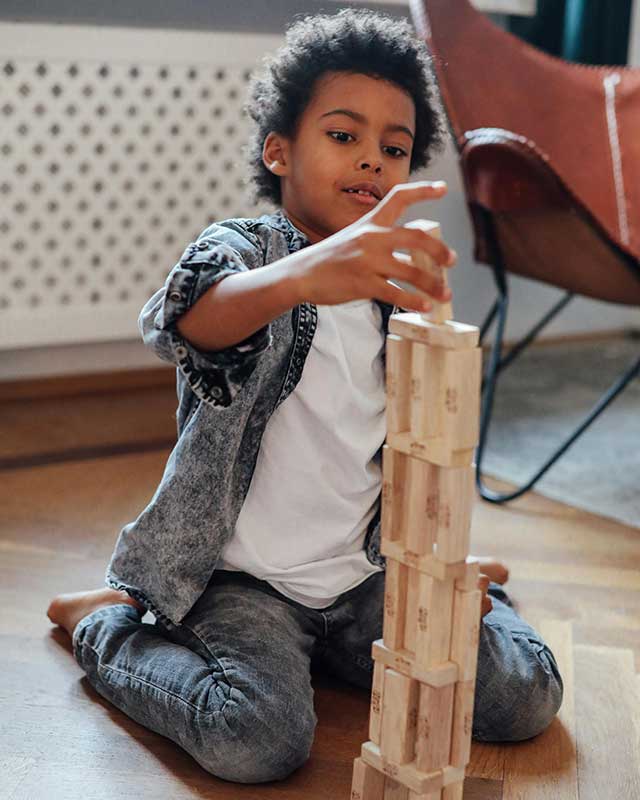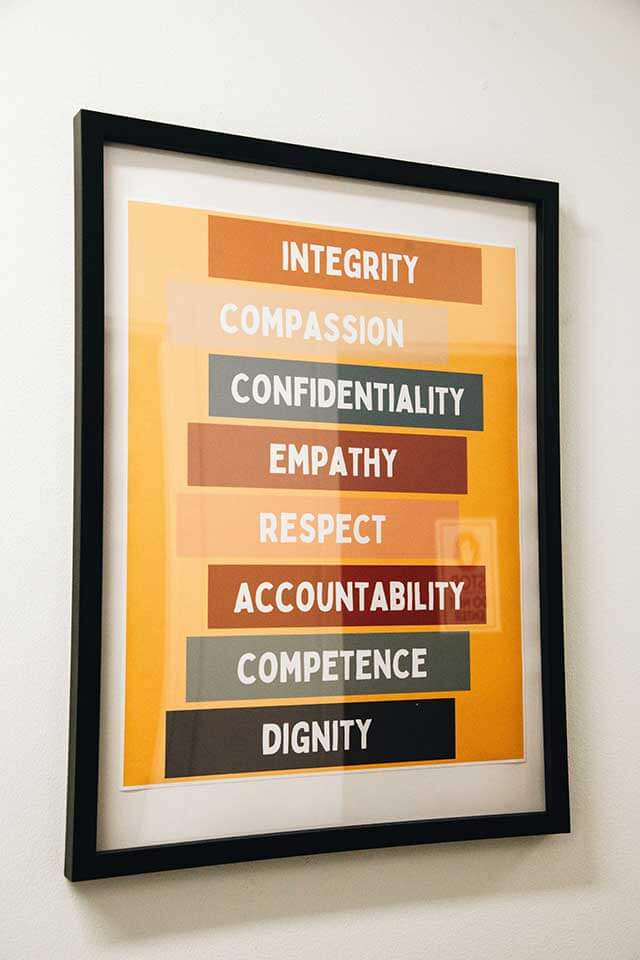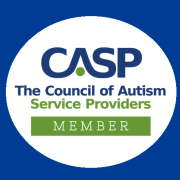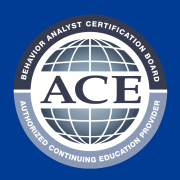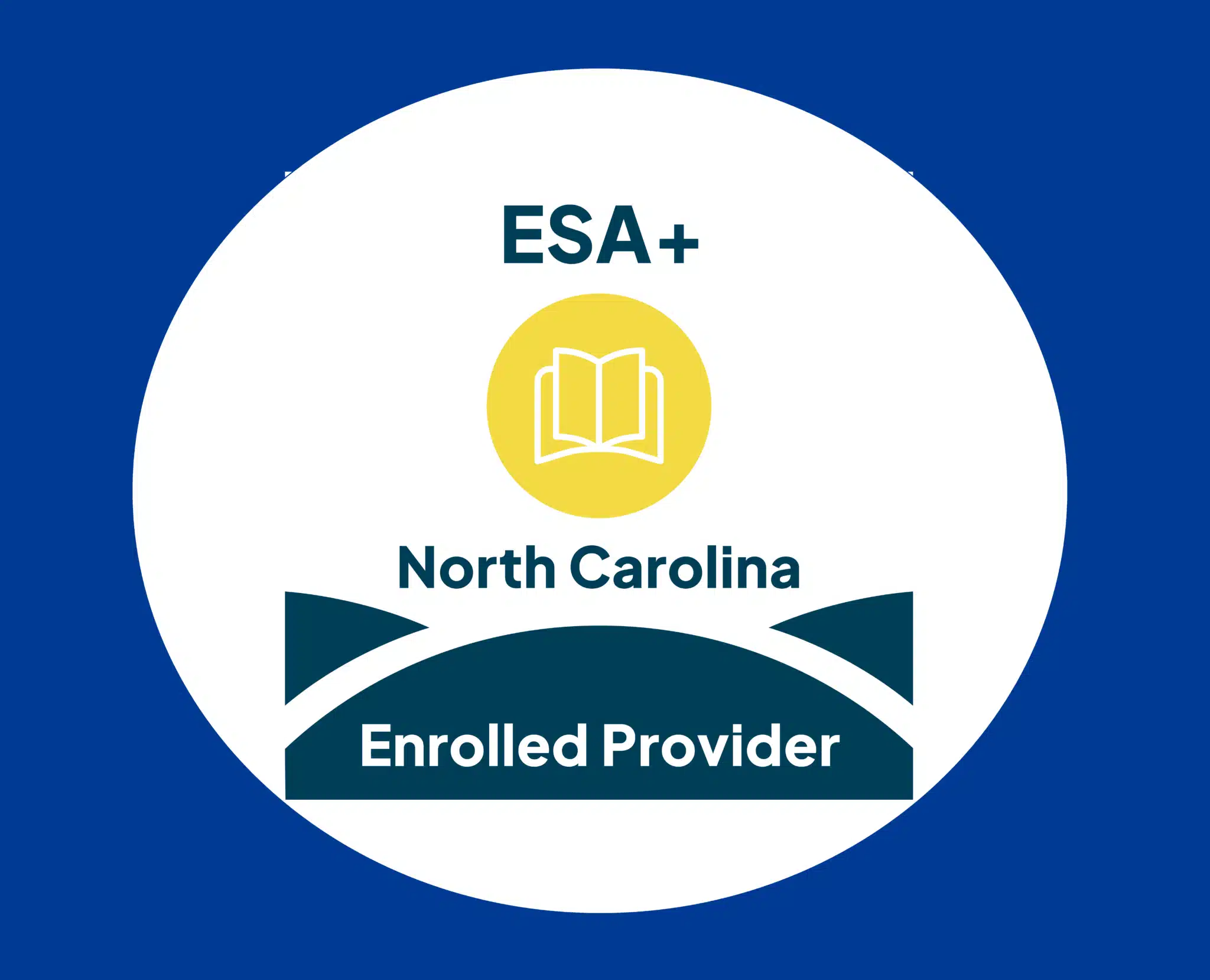ABA Early Intervention Program
Building Bridges is a preschool alternative and Kindergarten-readiness initiative for autistic learners ages 3 to 7. As a center-based early intervention program, Building Bridges provides one-on-one and small-group ABA therapy with the goal of empowering young learners to enter school feeling confident and ready for their journey as a student!
Your search for a preschool for autism “near me” is over! Support starts here.
Program Overview
Early Intervention ABA Therapy
- Age Range: 3-7
- Target Audience: Autism early intervention; preschoolers
- Availability: Monday – Friday
- Minimum Commitment: 30 hours/week; 6 hours/day
- Therapeutic Approach: Applied Behavior Analysis (ABA) therapy
- Format: 1:1 therapy; small group learning
- Cost: Varies by insurance (we accept BCBS, MedCost, Medicaid)
- Center Locations: University Center, Pineville, Winston-Salem
The cost of ABA therapy with insurance can vary widely, but many plans cover a significant portion (if not all) of the expense. The cost depends on the specifics of each individual’s insurance plan and coverage.
Qualifiers for Participation
Candidates for the Building Bridges program include those who:
How it Works
Who We Serve
Knowing how to help children with autism get ready for a traditional school environment can be a source of anxiety – which is exactly why we developed our Kinder-readiness program, Building Bridges!
By engaging in highly-individualized ABA therapy during their critical early years, autistic learners are better prepared to navigate day-to-day challenges and unlock their full potential. Many preschoolers participate in Building Bridges for consecutive years, augmenting the opportunity for cumulative skill development, peer-to-peer learning, and community building.
Learners are primarily English speaking.
Neuro-Affirming, Assent-Based Approach
We practice a neuro-affirming, assent-based approach to ABA therapy. This means that we respect and support the neurodiversity and autonomy of individual learners and prioritize their willingness to engage in programming. Our primary focus is on social, emotional, and cognitive development – not behavioral compliance.
Individualized Therapy Plans
ABA therapy plans are developed by a Board Certified Behavior Analyst (BCBA) with family input. Each learner works with at least two Registered Behavior Technicians (RBT) during the program day, either 1:1 or in small groups, with the aim of addressing early intervention goals and school readiness skills.
Collaborative Programming
Building Bridges is most beneficial for learners when concepts introduced and practiced during the program day are reinforced at home and in the community. This includes generalization challenges such as building tolerance for transitions, wearing shoes all day, taking turns, and using different bathrooms.
School Readiness
Fun. Friendship. Development.
Building Bridges participants are split into developmentally-appropriate Early Learner (EL) classrooms that simulate a natural school setting, complete with circle time, arts and crafts, group games, and specials.
- EL1 classrooms focus on skills for a Special Ed or Inclusive Education environment.
- EL2 classrooms prepare learners for a General Ed or Inclusive Education environment.
By introducing young learners to a highly-structured environment with predictable routines, they develop into the best versions of themselves and gain the skills they need to approach Kindergarten with confidence and pride.
Check out our quarterly Building Bridges magazine for more information.
Have Questions?
Check out our FAQs or get in touch! Support starts here.

